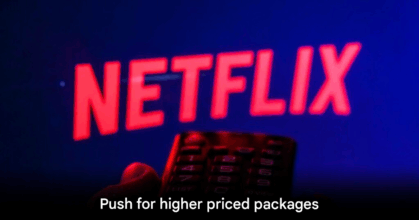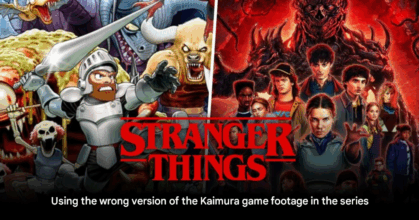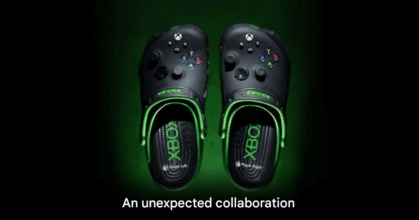The city of Shibuya in Japan gives out currency from the gacha game to those who pay taxes.

Innovative measures for the modern population
Paying taxes may not be fun for many people, but recently, the Shibuya Ward of Tokyo, Japan. has created a buzz with completely different measures because they are preparing to give “Premium currency from famous mobile games” for those who participate in the local tax payment program is a new concept that directly meets the needs of the new generation and gamers.
Shibuya gives away currency from Monster Strike and Kotodaman games.
On August 25, Shibuya Ward announced a partnership with MIXI, a well-known mobile game provider, to award Orbs from Monster Strike and Rainbow Kotodama from Kotodaman to those who participate in the Furusato Nozei or “Hometown Tax Donation” program in Japan.
This project gives people the opportunity to choose to give a part of their income tax to the city they want. Instead of paying the federal government exactly the same. Normally, the rewards are usually local, such as high-quality Japanese rice, wagyu beef, tea, or handicrafts, but this time Shibuya chose to play a different game by giving money in the gacha game. Players usually have to top up their purchases with real money.
According to the Furusato Tax Research Institute, taxpayers can choose to participate in three tiers: around $70, $200, $200, $200, $200, $200, $200, $200, $200, $200, $200, $200, $200, $200, $200, $2 and $340 per year (about 2,300 baht, 6,500 baht, and 11,000 baht per year). Upon completion of the transaction, players will receive a special code. Some players even confirmed that it is even more cost-effective than recharging directly in the game.
Japan has experimented with exotic rewards in the past. Whether it’s NFTs or other in-game items, but it’s not very popular. However, the use of this “gacha currency” has generated quite a bit of criticism because this type of reward is seen as “close to cash”, which may lead to resale to avoid taxes. Japan has banned the use of high-value vouchers or coupons in this program.
Shibuya’s concept reflects an attempt to link tax policy to modern lifestyles, especially among young people who regularly spend time with mobile games and gacha. If this measure is indeed popular, it may be a model for other cities in Japan to follow, but it remains to be seen how legal issues and the risk of reselling prizes will be handled. In the end, this could become either a “new step in tax policy” or a “short experiment” that won’t last long. What do you think about this issue?





